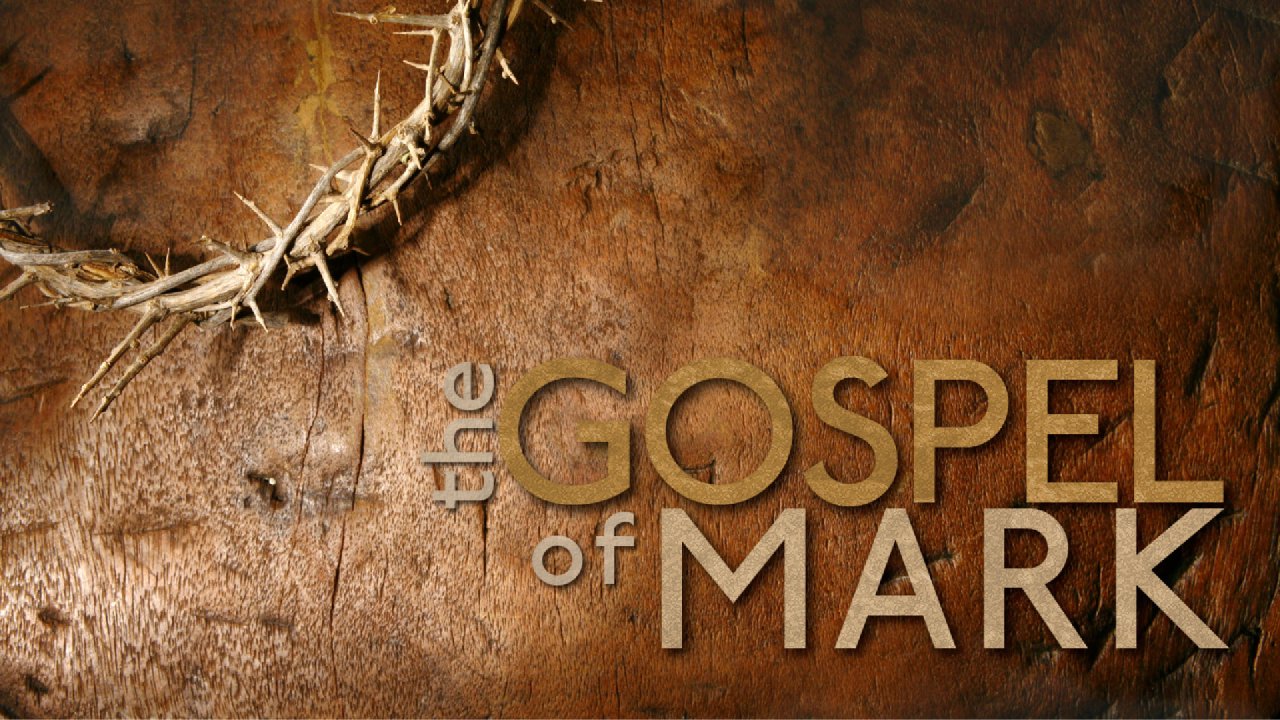In these verses (9: 30-50), Jesus is teaching a new Law IN HIM of peace-loving living . . . as humble servants, gracious receivers and salty sacrifices. In teaching this new Law, Jesus needs to correct the problems that the disciples are causing. This passage exposes some of those problems, all of which are rooted in pride. Their pride is getting in the way of this peace-loving living that Jesus calls them to.
Jesus again foretells his death and resurrection, but this time adds this detail, “The Son of Man is going to be delivered into the hands of men” (9: 31). This sounds like a sacrifice! The disciples are afraid to ask what this means, possibly because they are too proud to admit they still don’t understand.
The disciples are arguing over who is the greatest (pride problem!), and Jesus has an upside-down response for them, telling them, “To be first, you must be last! You must be humble servants!” And to illustrate this lesson, he takes a young child in his arms (who wouldn’t have been seen as significant at this time in history, this child represented “the least”), and he says, “Whoever receives a child [the least of these] in my name receives me and the one who sent me.”
The disciples also rebuke someone who was casting out demons in Jesus’ name and wasn’t one of Jesus’ followers. Again, Jesus has an upside-down response, “Whoever is not against us is for us!” Anything, big or small, done in Jesus’ name is welcomed by him and pleasing to him. There is a great takeaway here for us today. We must guard against building walls between believers. We must not get caught up on the “non-essentials,” but instead recognize that unity with fellow followers of Christ is essential.
The “sin” word we see in 9: 42-47 translates as “to stumble” or “to fall away.” This translation helps us see why Jesus uses such heavy language here. Also, “little ones” refers to new believers. So, it’s one thing to cause others (“little ones”) to sin, but another thing to cause them to lose trust in Jesus altogether. The disciples are causing others to lose sight of Jesus (as we saw in the previous story where they were discouraging another doing works in Jesus’ name), instead of being salty sacrifices of his glory. [Leviticus 2: 13: You are to season every grain offering of yours with salt—do not omit from your grain offering the salt of the covenant with your God but offer salt with all your offerings.]
Reflection: What causes you to stumble? How can you remove those stumbling blocks from your path? In what ways might you be causing others to stumble?
The Pharisees don’t actually care about Jesus’ views on divorce and marriage, they just want to test (or trap!) him, and to do that, they narrow in on the controversial issue of divorce, assuming that, any way he answers, he would upset those in authority. But Jesus isn’t concerned about upsetting people. He’s concerned about doing the will of his Father.
Jesus had a brilliant response. He brings them back to creation to look at God’s original intent for marriage (not just what the Law allows or forbids). God designed marriage to be a lasting union, but when sin entered the world at the Fall, our human hearts became HARDENED to God’s perfect plan. And so, the law made divine allowances for divorce in some cases because that was the reality in a fallen world. Ultimately Jesus turns their test regarding divorce into a teaching about marriage! Just like he has a very HIGH view of “the least of these” (his people!), he has a very HIGH view of marriage.
Reflection: What could the church learn from the lesson Jesus is teaching here?






